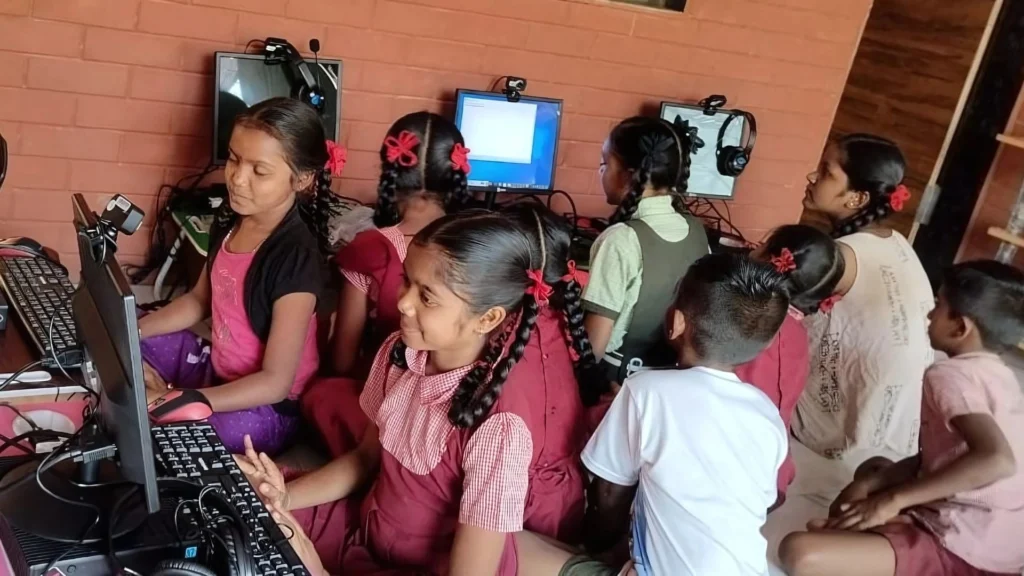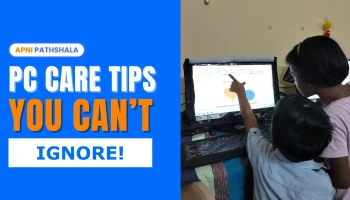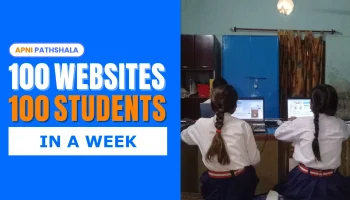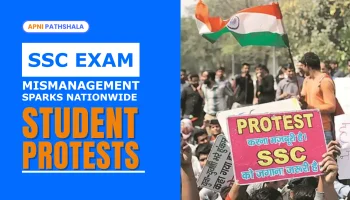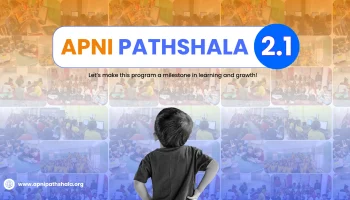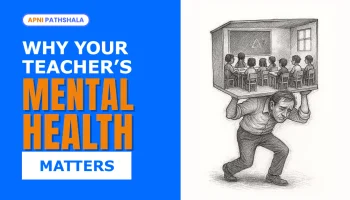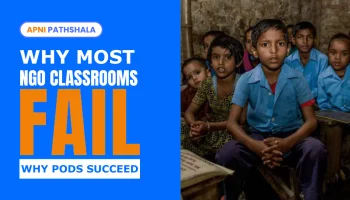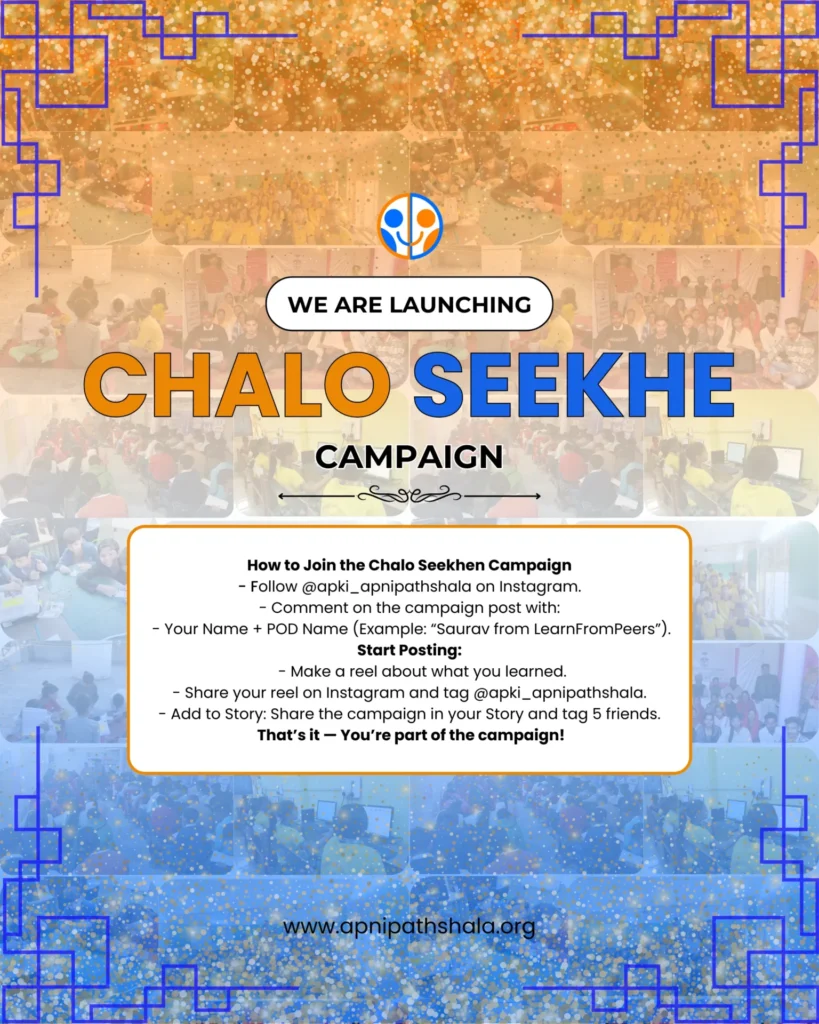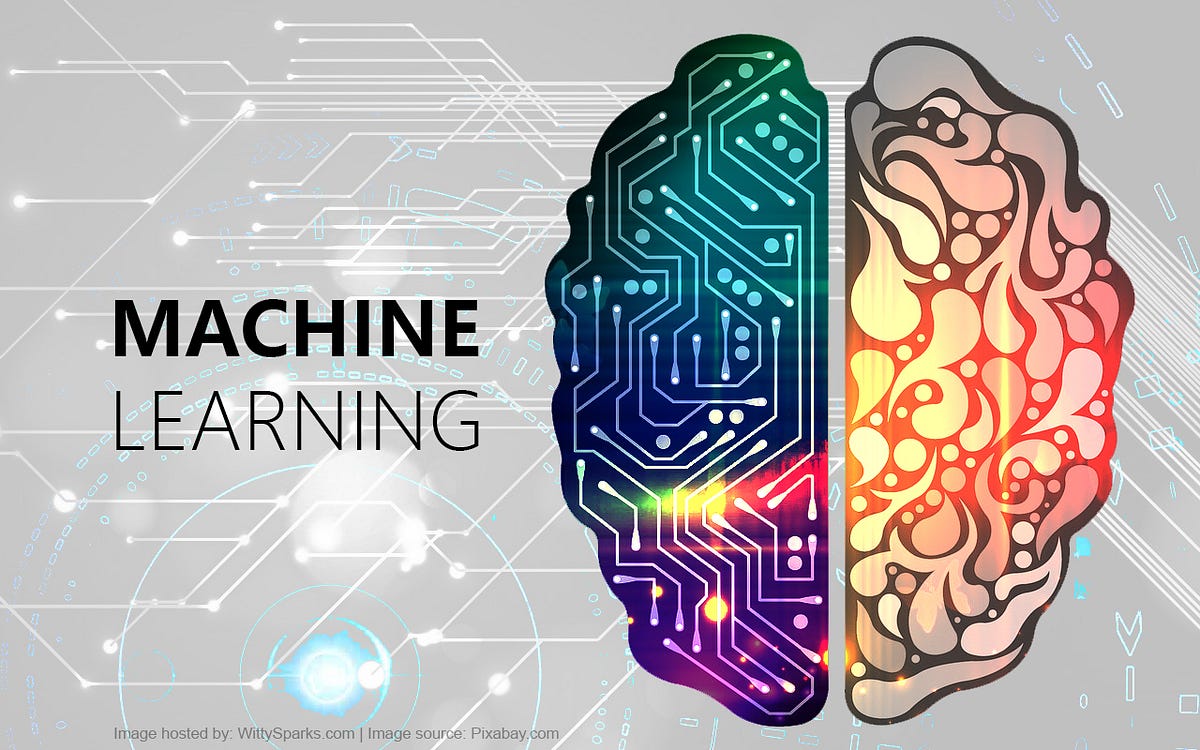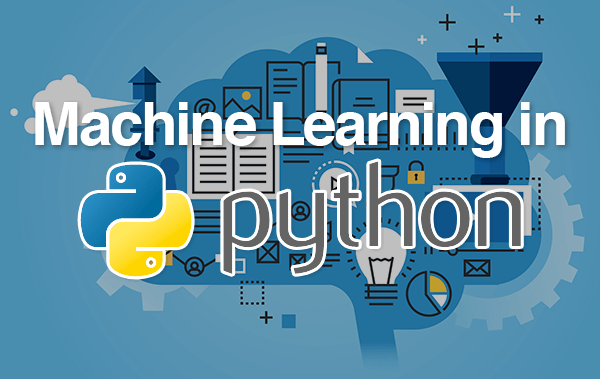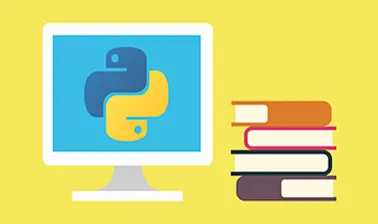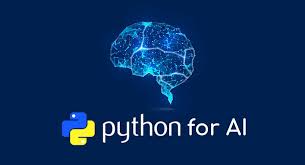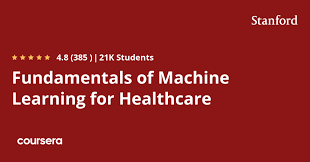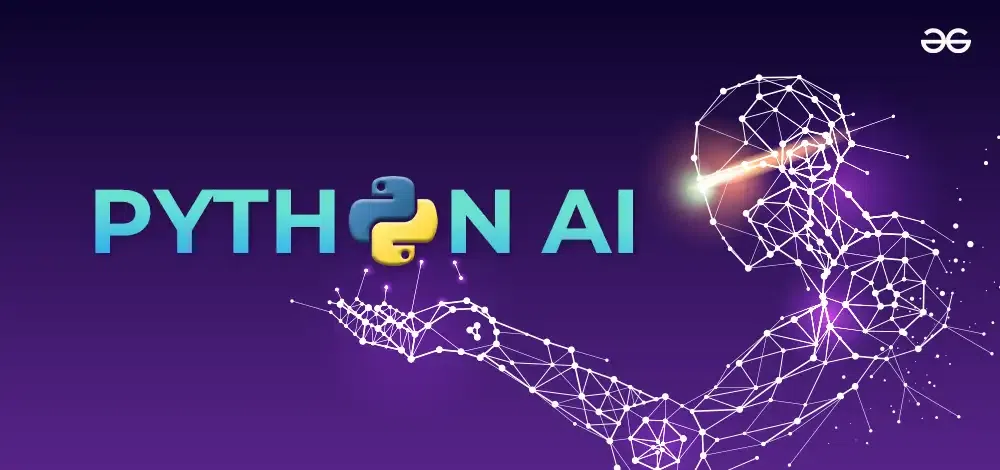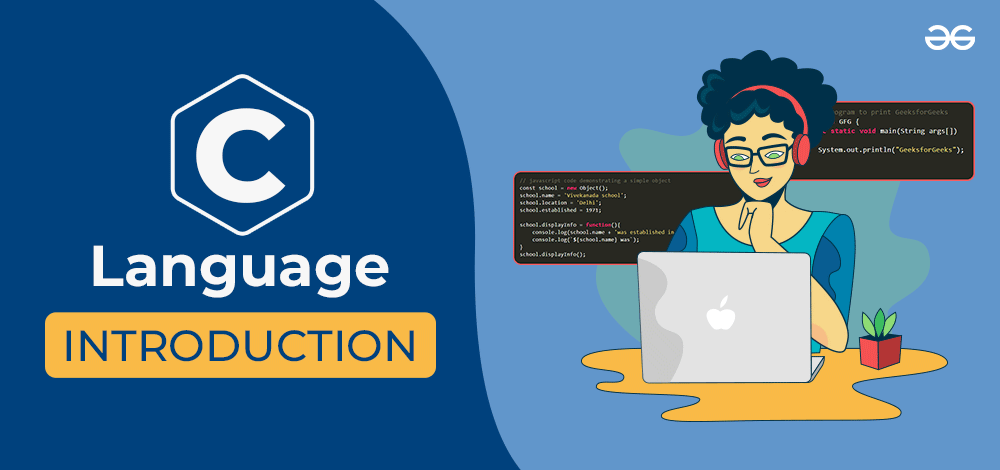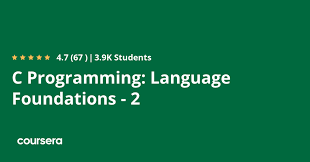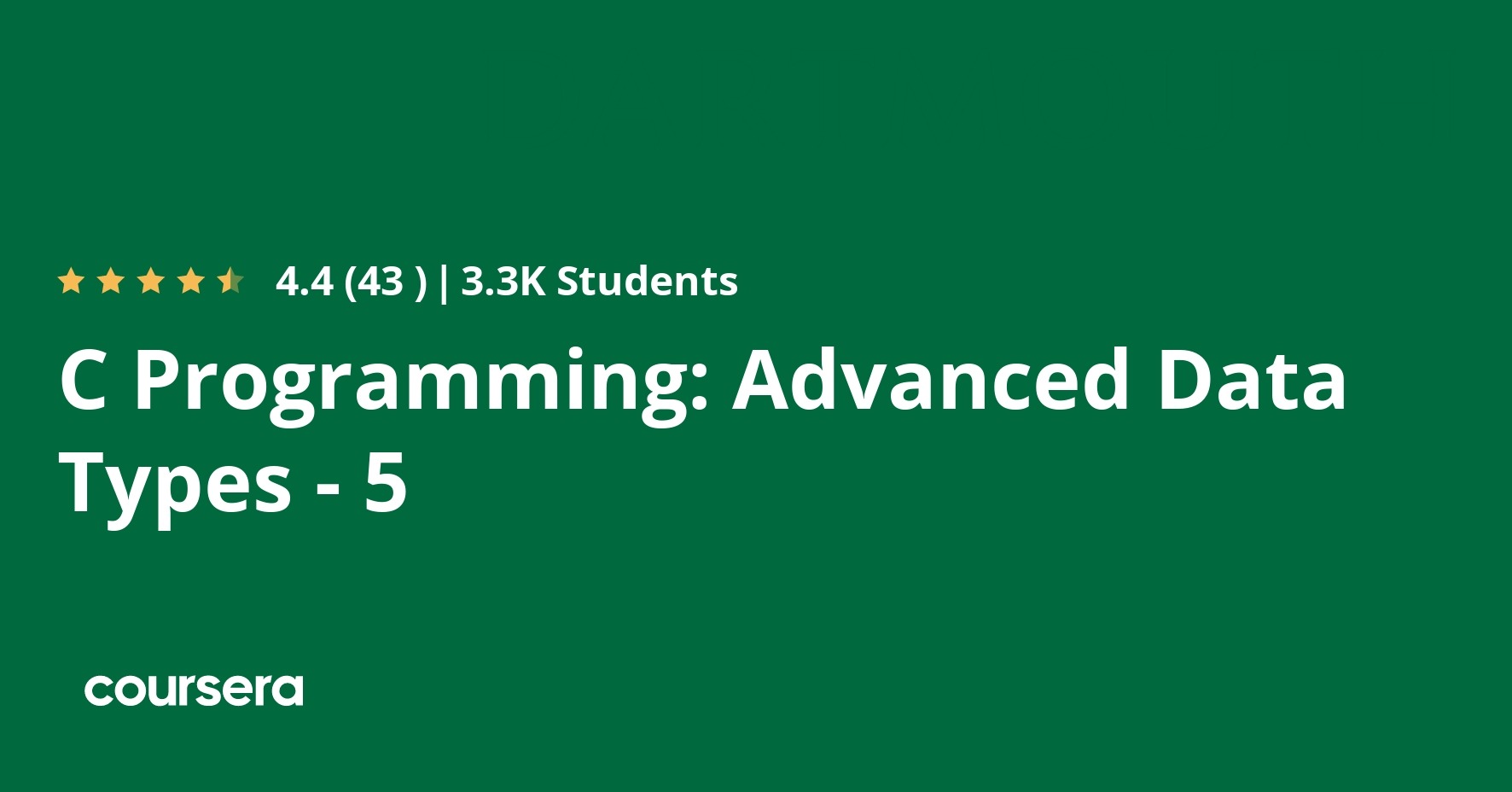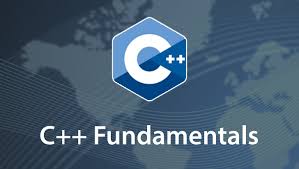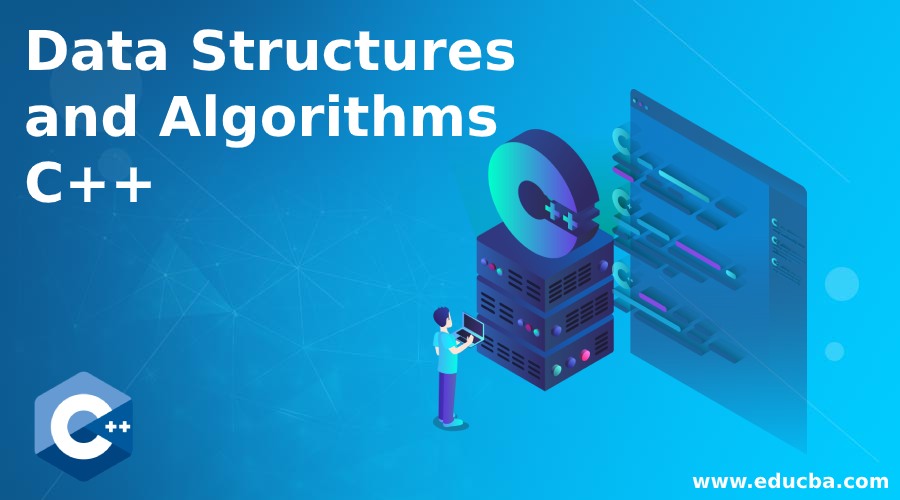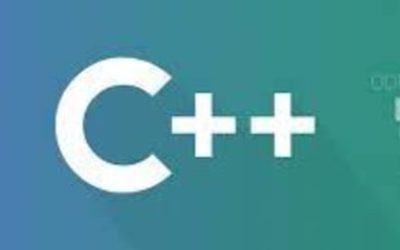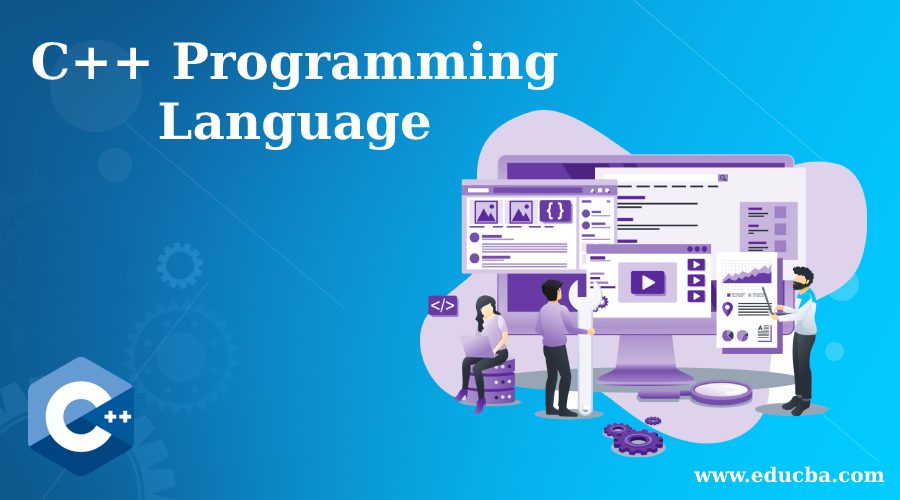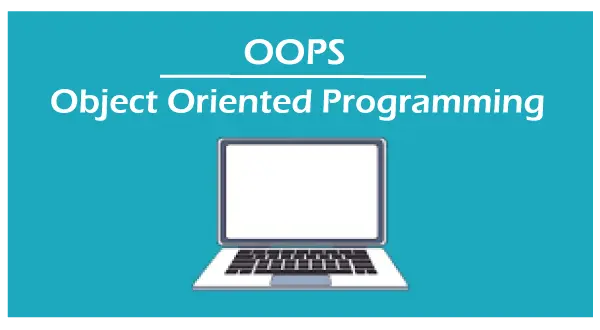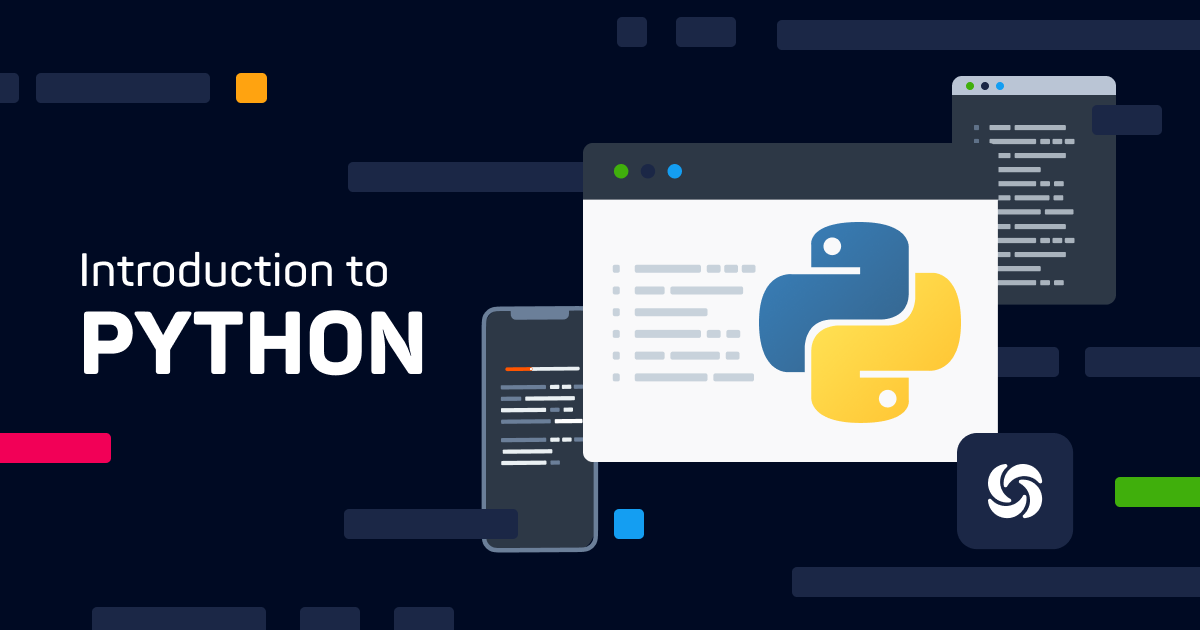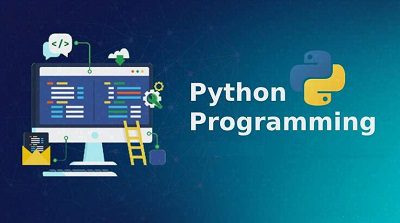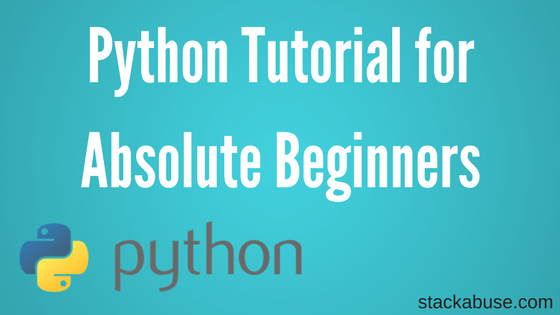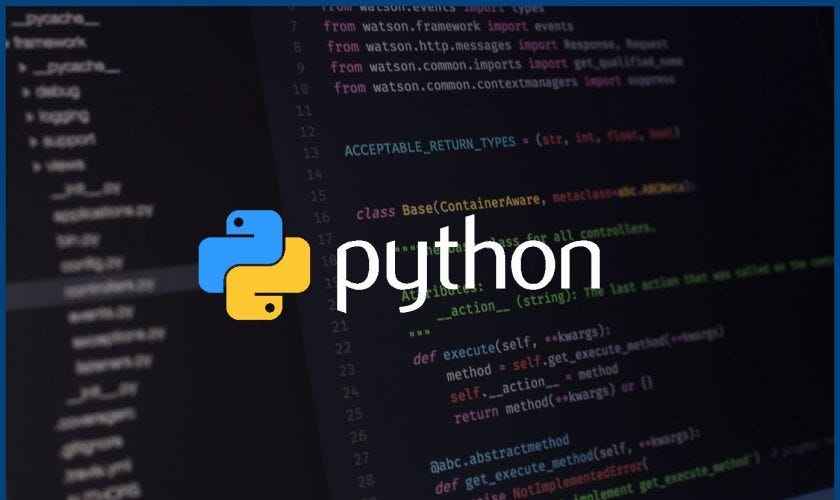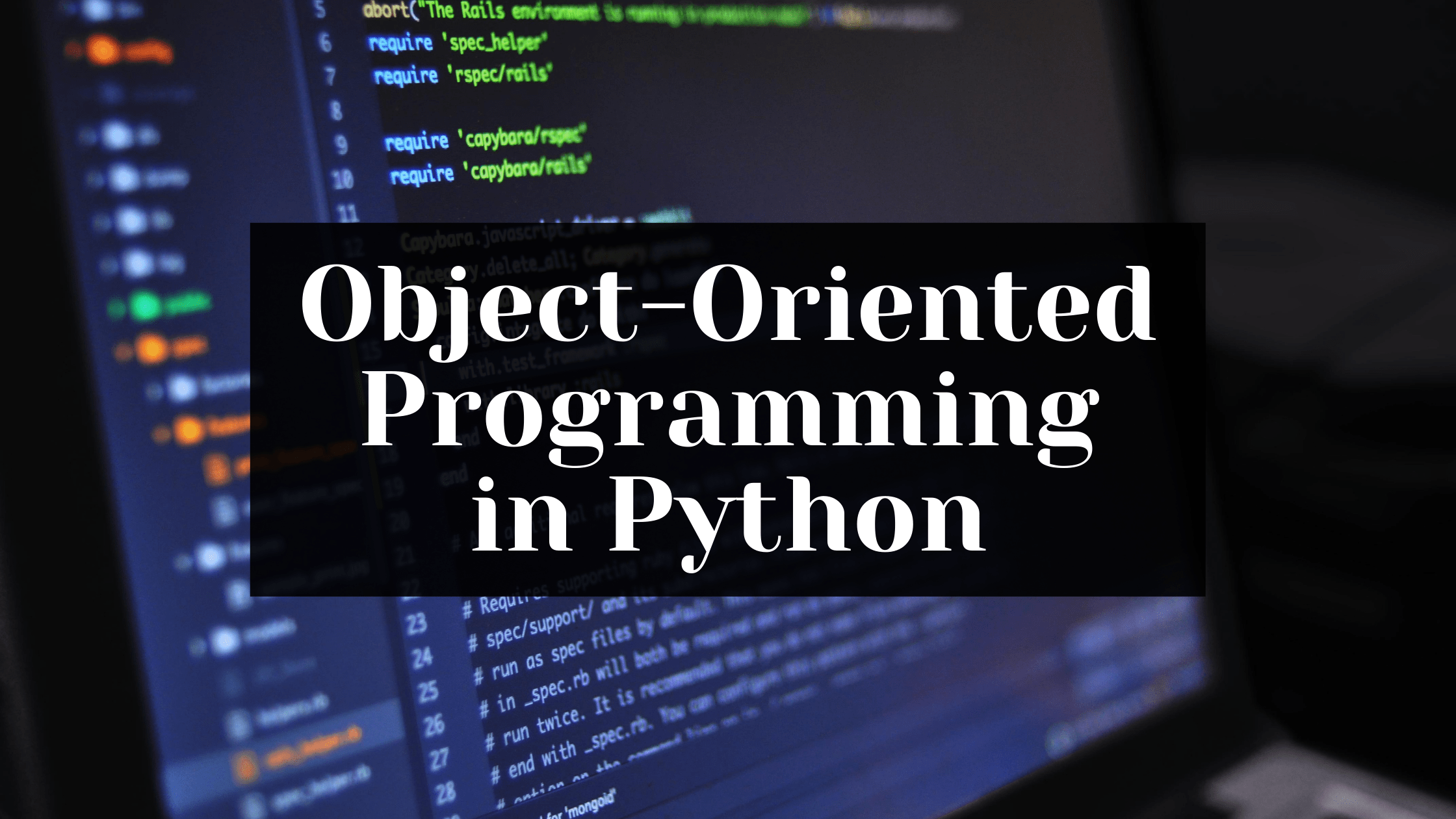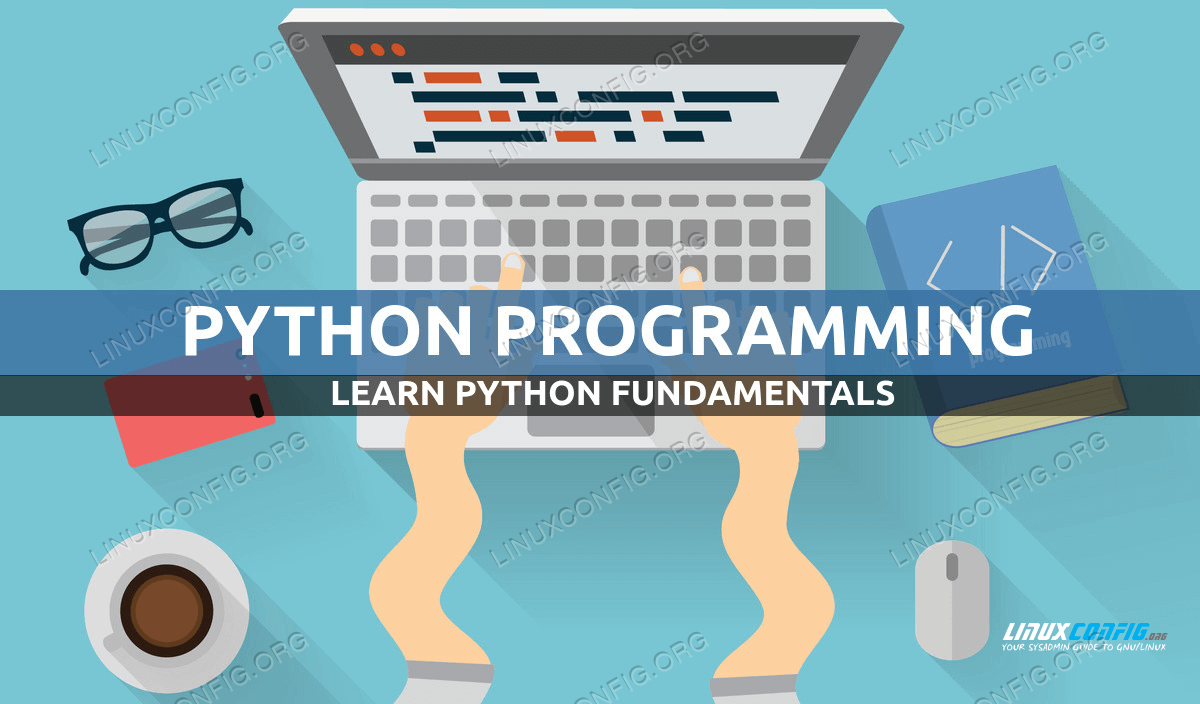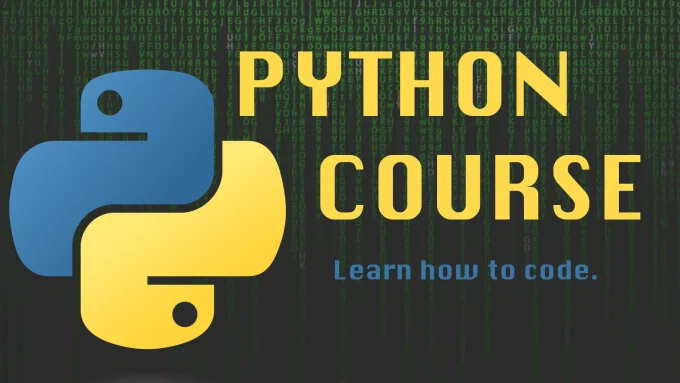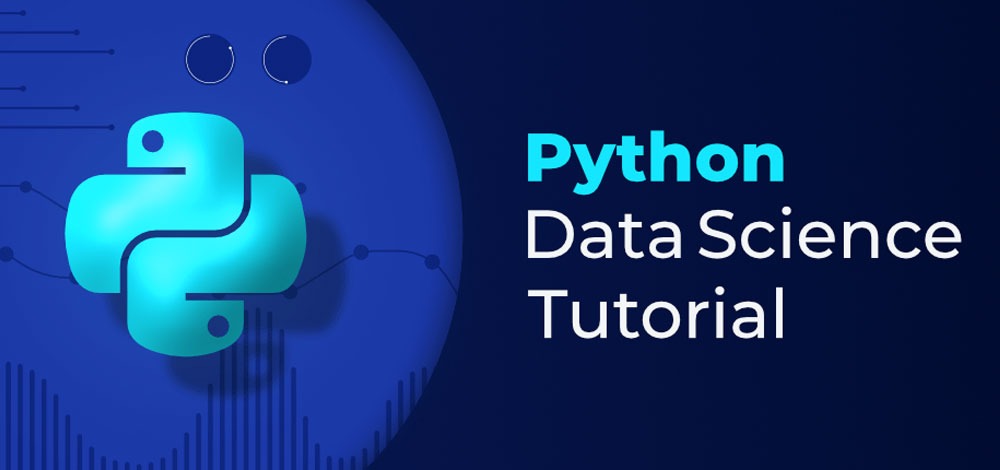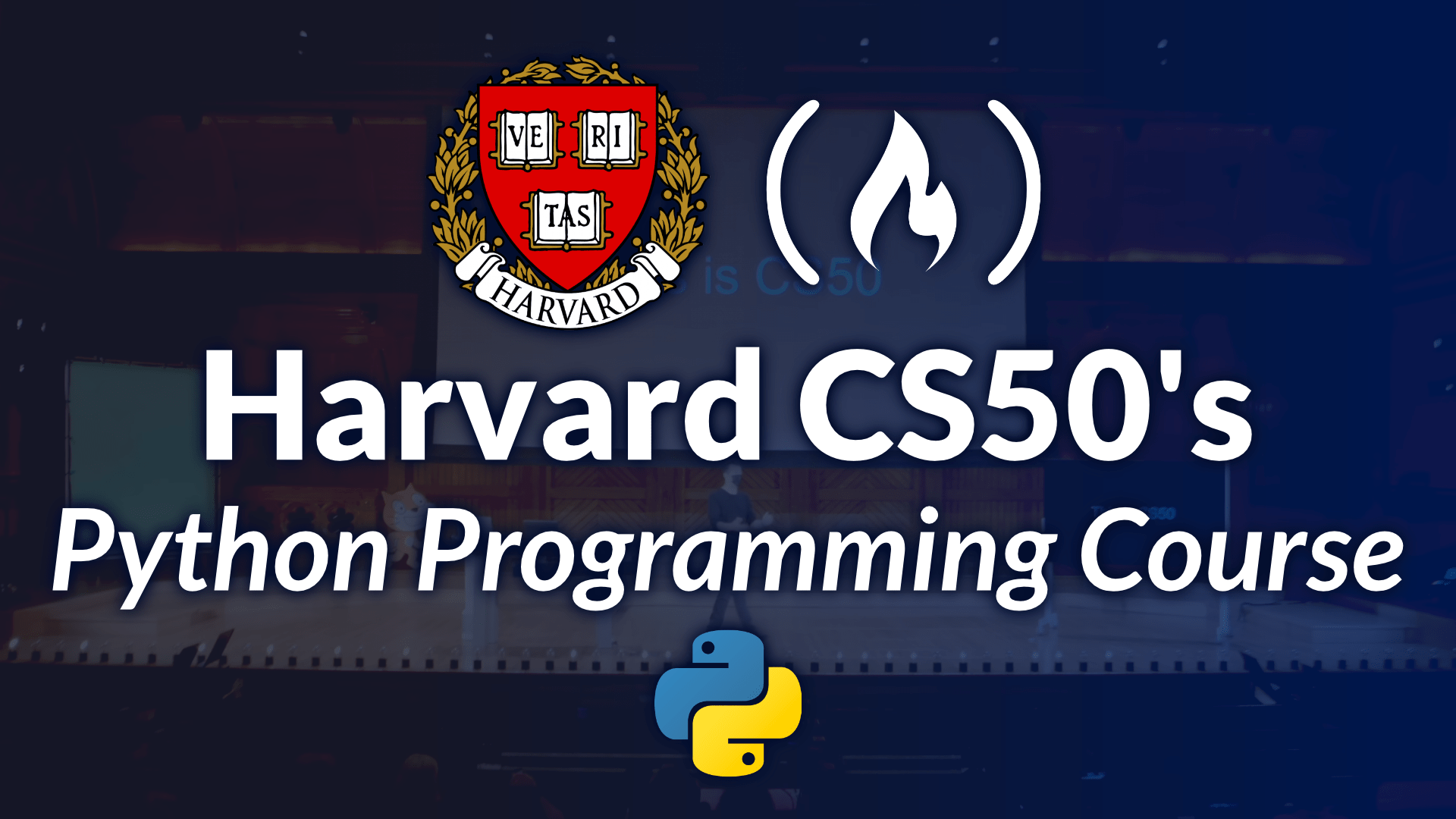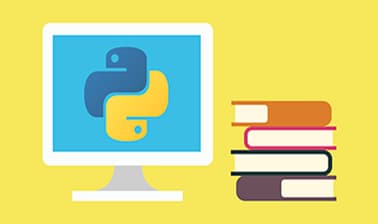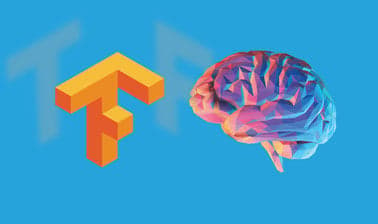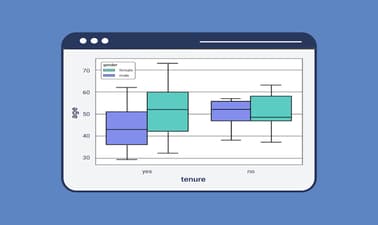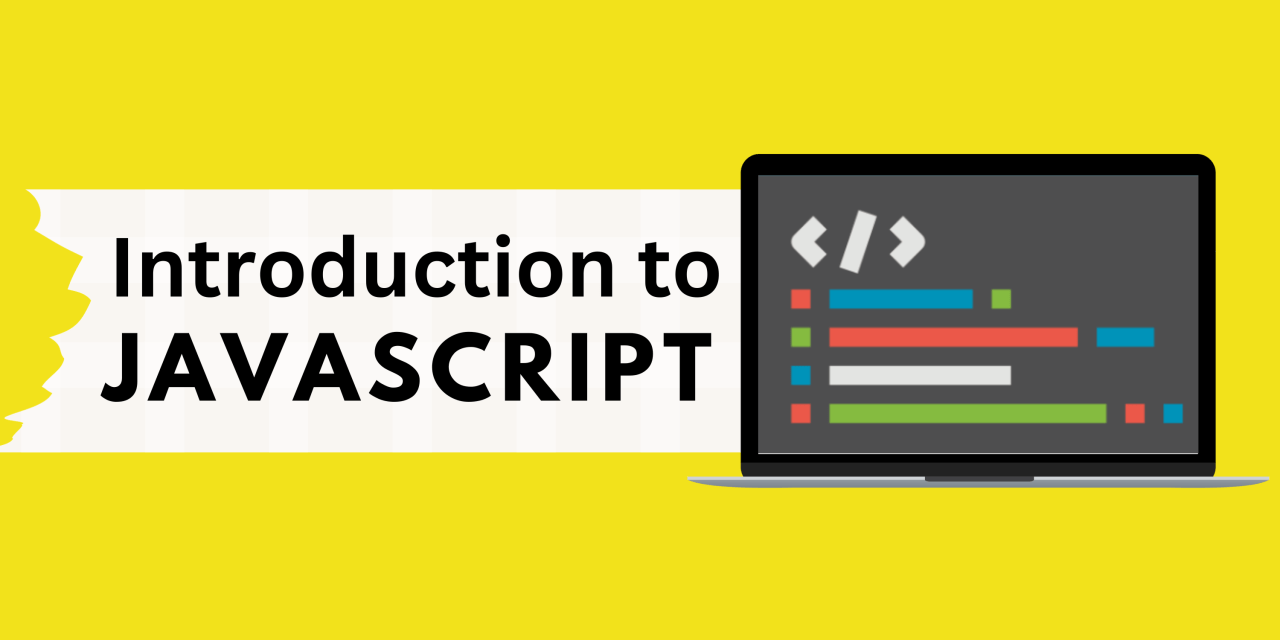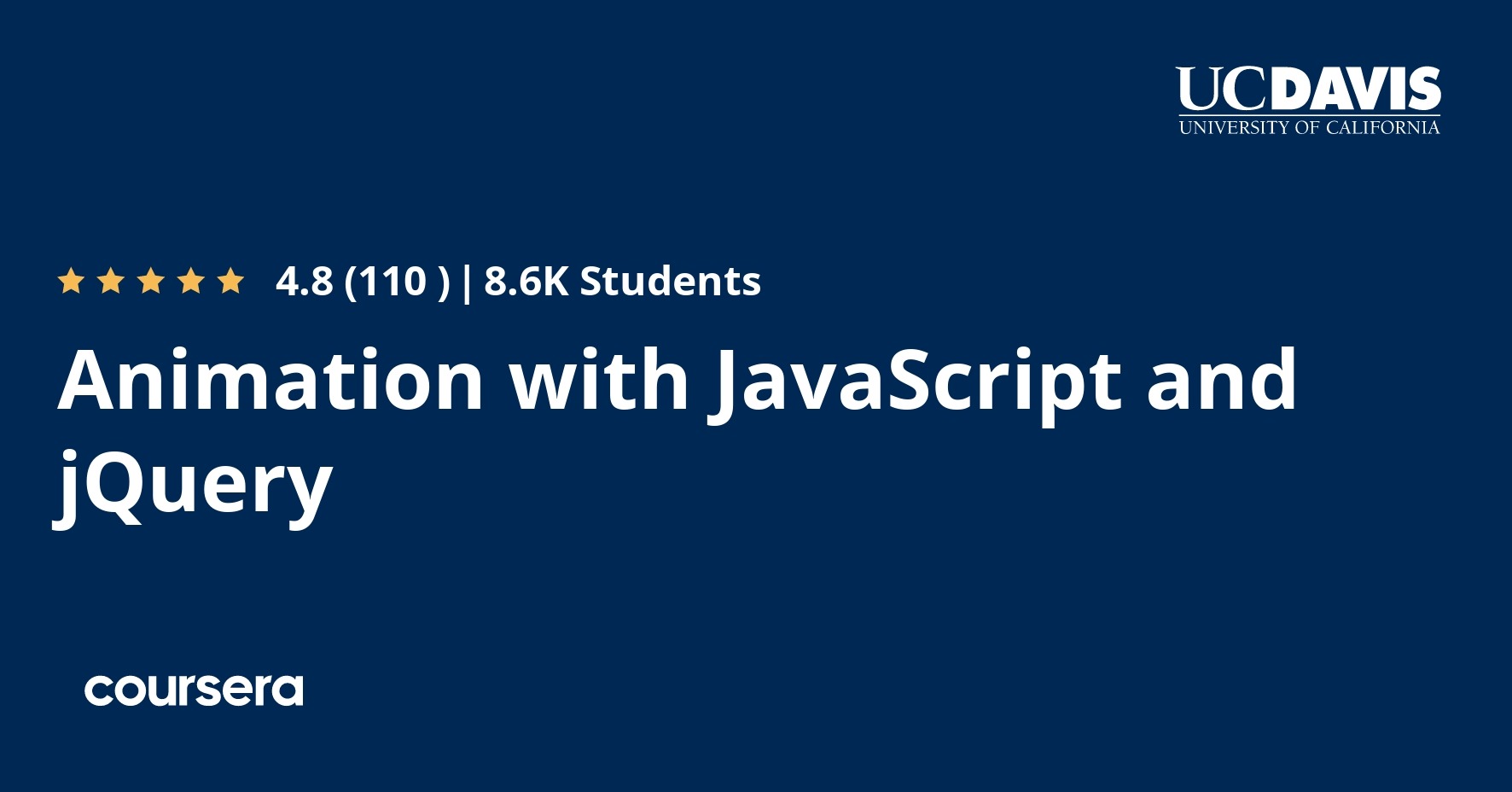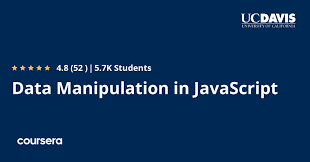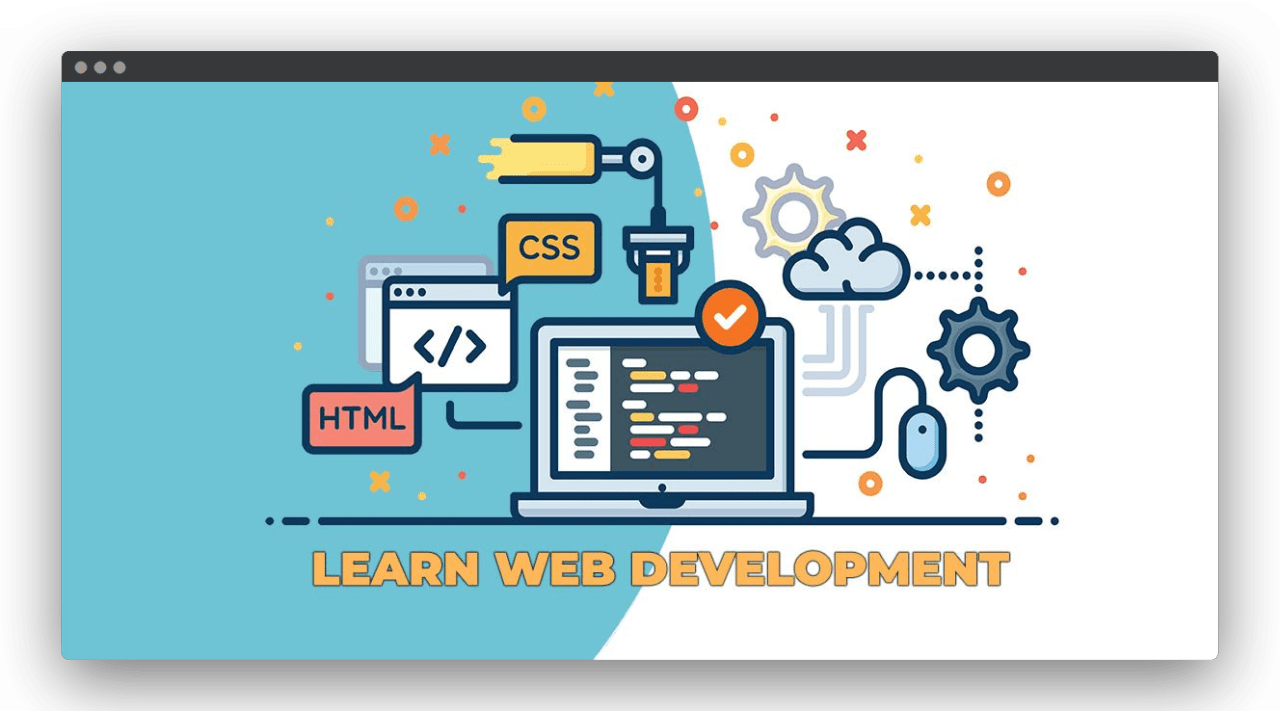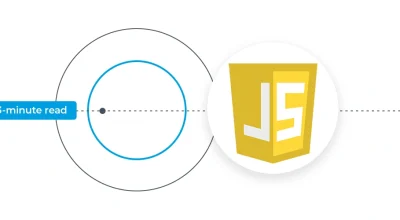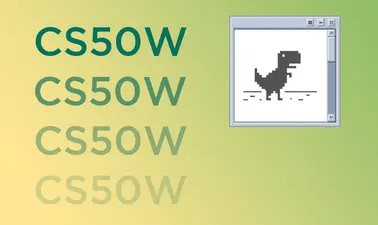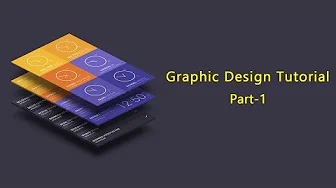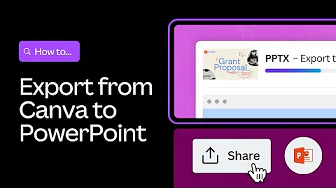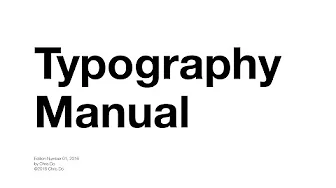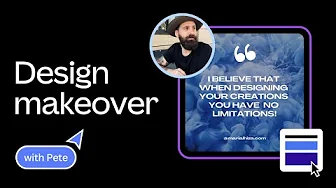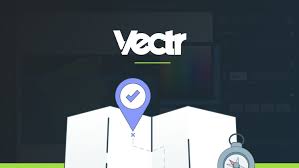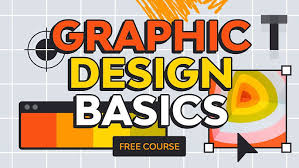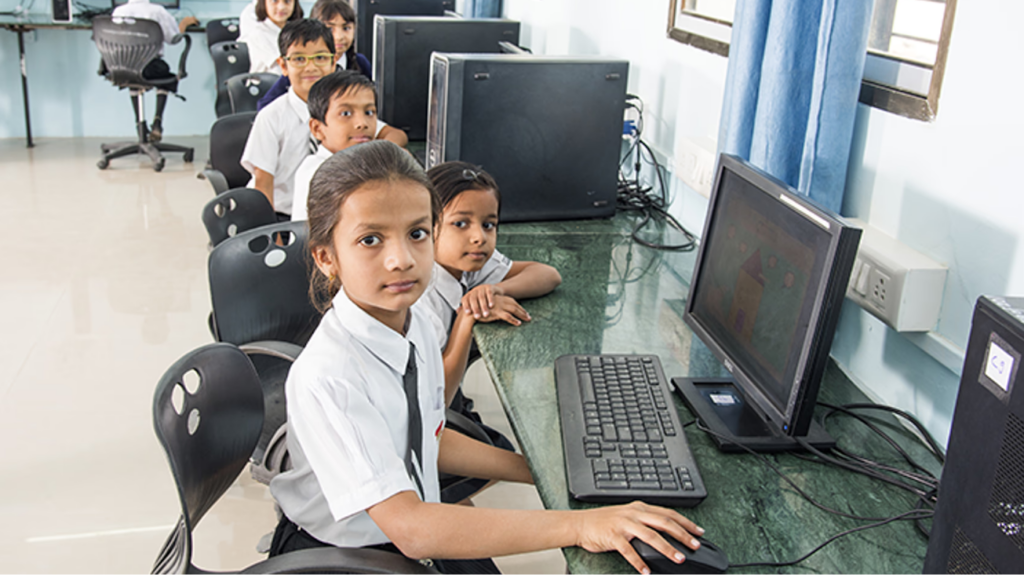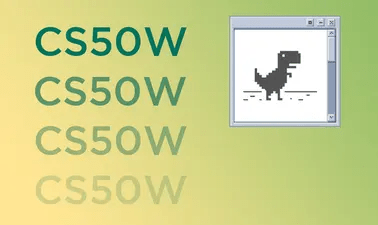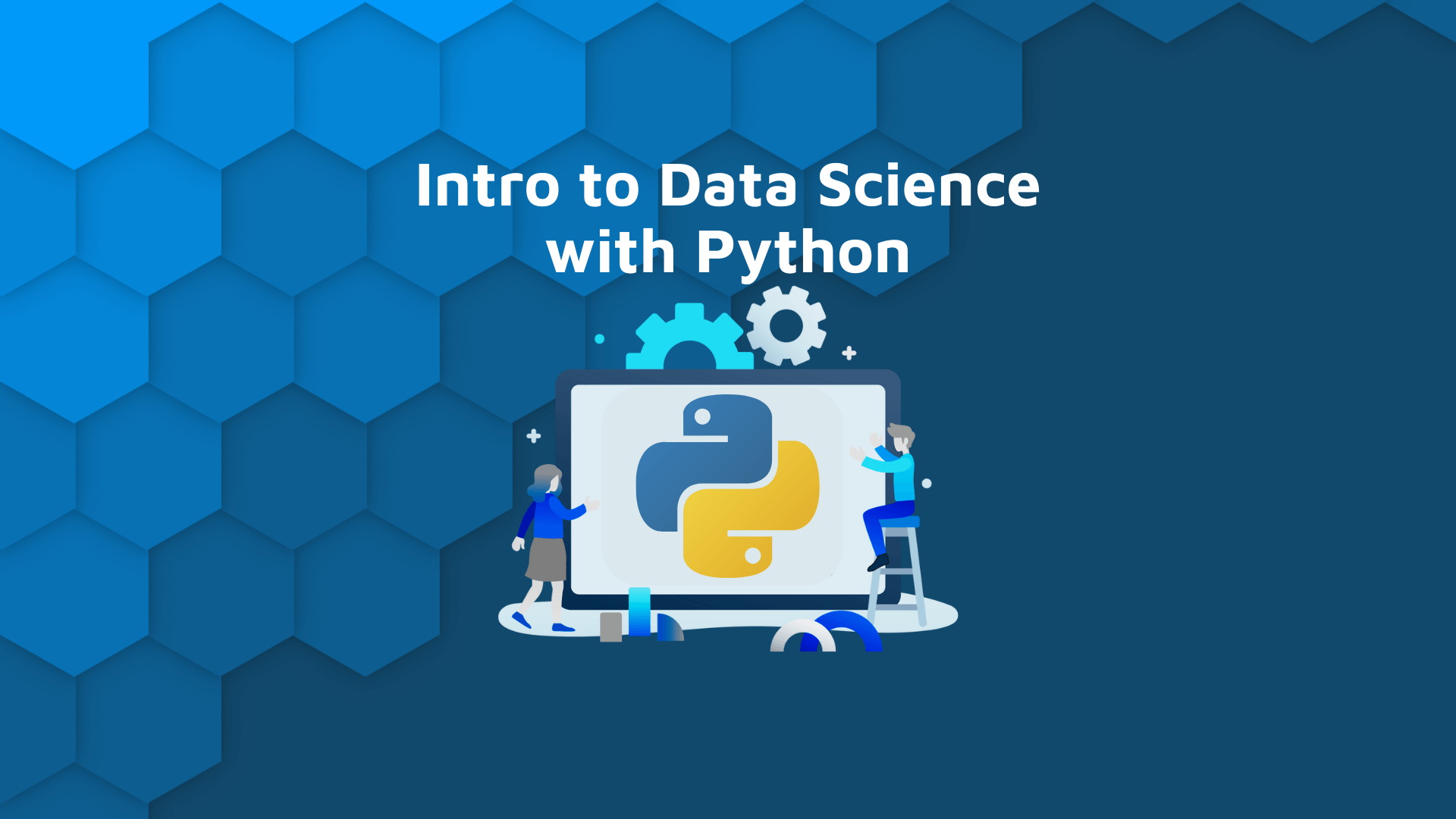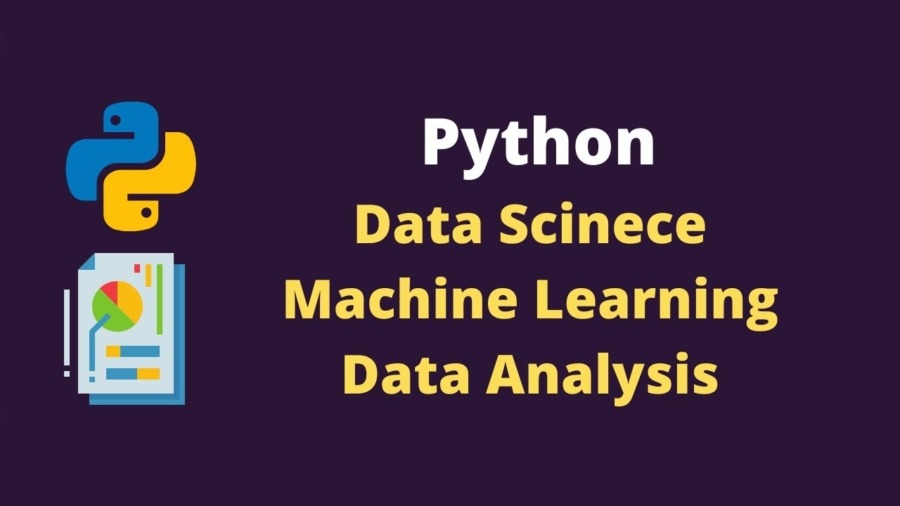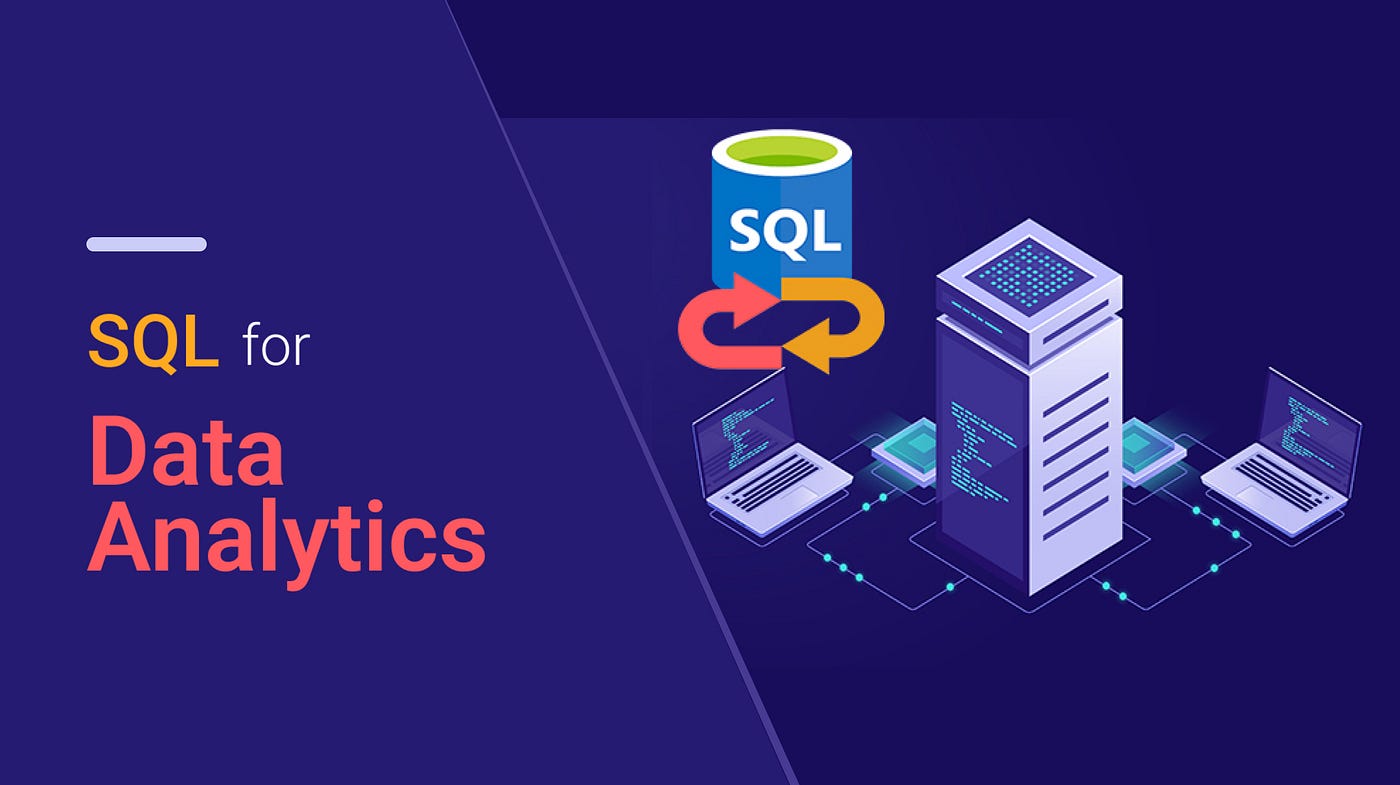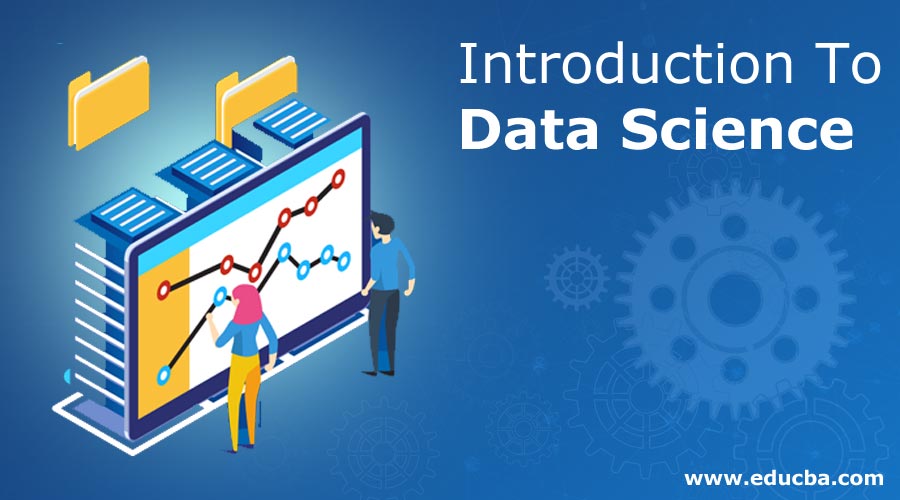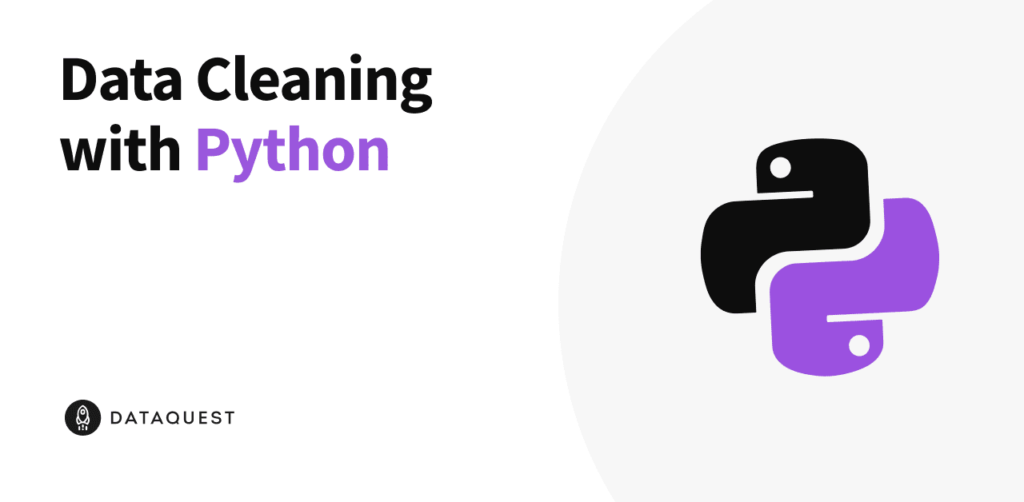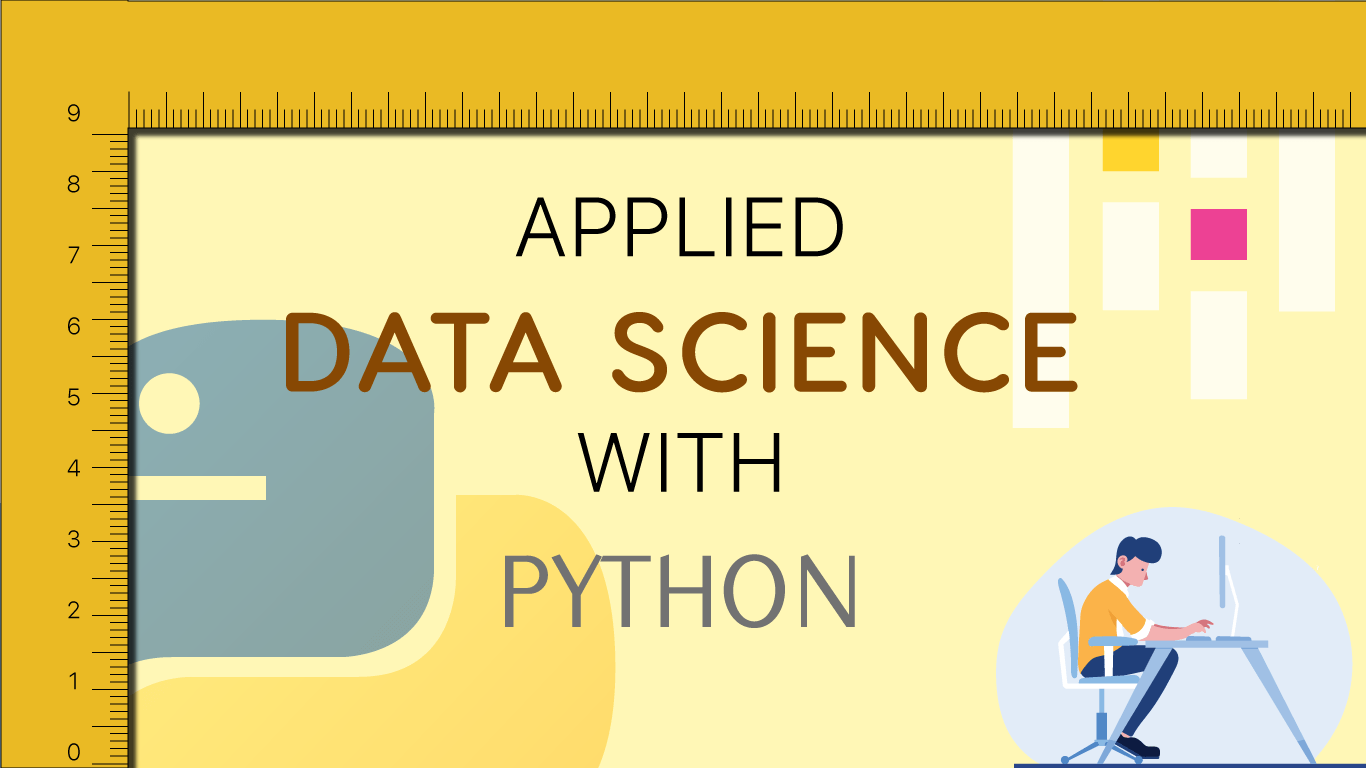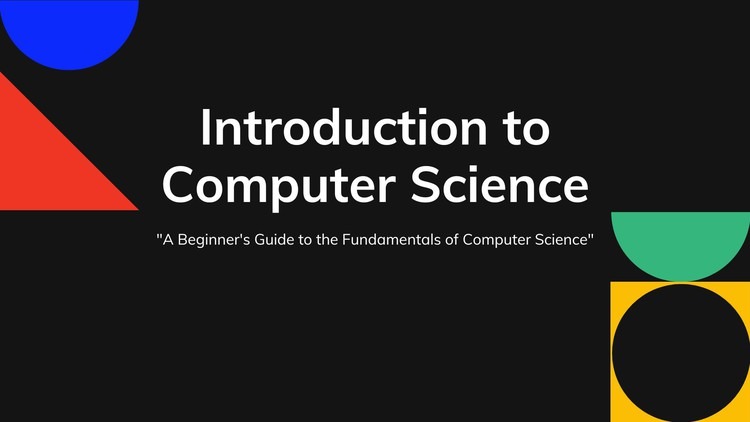Welcome to the Future of Education
A child sitting at home, building a robot while another explores the pyramids of Egypt through virtual reality—all part of their daily school routine. Sounds so movie- coded, right? It’s happening today, thanks to alternative schooling models and the power of technology.
Whether it’s homeschooling, online academies, or Montessori setups, these approaches are redefining education. But what causes this shift? Technology, obviously. It’s the glue that holds these all models together, offering flexibility and endless opportunities.
Enough talking around the bush, now let’s get straight to the point as how technology helps in alternative schooling models:
1. Personalized Learning
Let’s be honest, traditional classrooms often fail to focus on individual needs. Some kids understand algebra in minutes, others struggle for weeks. Alternative schooling, powered by technology, changes that narrative. Your kid can learn maths via gamified learning or youtube lessons that simplify it.
Imagine your child learning math through an app like Khan Academy, where the lessons adjust to their pace. Got a young artist at home? Apps like Procreate allow them to create digital masterpieces, blending education with creativity.
How does it help?
- Personalised Progress: AI tools ensure no child is left behind, focusing on their strengths and addressing weaknesses.
- Engagement Boost: Learning becomes fun when it’s personalized, making kids eager to explore more.
- Parent Involvement: There are a lot of platforms that keep parents in the loop with real-time updates on progress.
2. Global Classrooms
Gone are the days when education was confined to your city or country. Technology connects students to a world of resources and experts. You may be from a small village and your teacher can be from the USA or UK. Imagine telling all of these things to your ancestors from hundreds of year back- they might get a stroke😭
Virtual Field Trips
Who needs a plane ticket to visit the Louvre? Platforms like Google Arts & Culture let students roam through museums, historical landmarks, and even outer space—all from their living rooms. I bet you must be like Damn, kids these days are so lucky!
Learning from the Best
With online platforms like Coursera and MasterClass, students can learn coding from MIT professors or cooking from world-famous chefs. This global exposure prepares them for a connected world.
Benefits for Alternative Schooling Models
- Diverse Perspectives: Students interact with students from different cultures, broadening their horizons.
- Unlimited Resources: From eBooks to webinars, there’s no shortage of materials to fuel curiosity.
3. Socialization in the Digital Age
Critics often argue that alternative schooling lacks socialization. But here’s the truth: technology is building stronger, more diverse communities than ever.
How It’s Happening
- Virtual Classrooms: Tools like Zoom and Google Meet host live sessions where students debate, collaborate, and present their ideas.
- Online Clubs: Coding groups, book clubs, and even virtual yoga classes allow students to connect over shared interests.
- Pen Pals 2.0: Platforms like Epals match kids with peers globally, fostering friendships across continents.
Before you tag this article and write long twitter and linkedin posts, let me tell you- yes, it’s different from playground banter. And real human conversations are really important but these “online” connections often run deeper, teaching kids empathy, teamwork, and global citizenship.
4. Flexibility: Learn Anytime, Anywhere
One of the biggest perks of alternative schooling is flexibility. Add technology to the mix, and the possibilities are endless.
Your child can be an early bird who loves studying before sunrise. But school starts after 8-9 when his mind does not work in full capacity. No problem. Recorded lectures, online courses, and mobile-friendly apps ensure they can learn at their peak energy.
What are some of the helpful tools?
- Duolingo: Learn a new language while waiting in line at the grocery store. That green owl is committed to making you consistent in learning so be assured.
- TED-Ed: Watch engaging videos on any topic, from history to science, during a family road trip.
- Asynchronous Platforms: Students in different time zones can collaborate on projects without missing anything.
5. Skill Development
In today’s world, having book smarts isn’t enough. All the teachers, big CEO’s and even our prime minister have called out the importance of having skills. Alternative schooling emphasizes skills like coding, critical thinking, and creativity—and technology is the perfect partner for this mission.
Practical Learning
- Coding Kits: Tools like Lego Mindstorms and Arduino teach robotics and engineering through play.
- Creative Platforms: Apps like Canva let kids design logos, posters, and presentations.
- Entrepreneurial Ventures: From starting a blog to running an Etsy store, students can gain real-world experience early on.
These skills aren’t just for resumes. They give confidence, problem-solving abilities, and a lifelong love for learning. These learnings give necessary exposure that is absolutely necessary for kids to have.
6. Inclusivity
Education should be a right, not a privilege. Technology bridges gaps for students with disabilities, those in remote areas, or families with limited resources.
Accessible Tools
- Text-to-Speech: Platforms like NaturalReader help visually impaired students access written content.
- Translation Apps: Tools like Google Translate make learning possible in multiple languages.
- Low-Cost Devices: Initiatives like One Student One Laptop provide affordable tech to underserved communities.
Apni Pathshala’s role in bridging innovation and tradition
At Apni Pathshala, we believe every child deserves an education as per their needs and dreams. By providing PC’s to learners who truly need it but aren’t able to afford it, we are writing a new story of change. With a compassionate approach, we empower kids exploring alternative schooling models like learning pods and microschools.
What do we offer?
- Necessary Resources: Syllabus and platforms to match diverse learning styles.
- Community Support: Workshops and weekly meetings to connect parents, educators, and students.
- Personalized Guidance: Helping children and teachers understand the vast world of alternative education.
Overcoming Challenges with Tech in Alternative Education
While technology opens incredible doors for alternative schooling, it’s not without its challenges. Addressing these challenges ensures smoother implementation and greater benefits for everyone.
1. Screen Time Concerns
Ah, the major problem of parents around the world. Spending excessive time on screens can lead to physical and mental health issues, such as eye strain, disrupted sleep patterns, and even reduced attention spans in children.
Solutions:
- Balanced Schedules: Integrate a mix of online and offline learning. For instance, after completing a coding session online, encourage practical activities like building a robot.
- Blue Light Protection: Equip devices with blue light filters and encourage breaks using the 20-20-20 rule (look at something 20 feet away for 20 seconds every 20 minutes).
- Active Engagement: Use interactive, gamified learning tools like Kahoot to make screen time productive and engaging.
2. Digital Divide
Even today access to reliable internet and devices remains a significant barrier. And, this happens particularly in rural or low-income areas.
Solutions:
- Government and NGO Support: Advocate for programs like Digital India or non-profit initiatives that provide affordable devices and internet connectivity to underserved communities.
- Apni Pathshala’s learning pods: Apnipathshala has empowered various learning pods in rural areas by providing them with PCs and digital support.
- Low-Tech Alternatives: Utilize offline tools such as preloaded educational apps, DVDs, or downloadable content that work without the internet.
3. Tech Overload and Burnout
Too many platforms, apps, and tools can overwhelm students and educators, leading to frustration and reduced productivity.
Solutions:
- Simplified Tech Ecosystem: Choose a few versatile tools that cater to multiple needs, like Google Classroom for assignments, Zoom for live sessions, and Seesaw for parent-teacher communication.
- Training and Support: Provide parents and educators with proper training on using these tools efficiently to reduce stress.
- Scheduled breaks: Encourage regular breaks from technology to recharge, ensuring a balanced approach to learning.
Considering the changing times, technology isn’t just a tool, it’s a lifeline for alternative schooling models. From personalizing education to making it accessible for all, the possibilities are limitless. Whether you’re a parent, educator, or curious learner, embracing technology can open doors to a brighter future.At Apni Pathshala, we’re here to guide you every step of the way. Together, let’s start this journey together. Connect with us, now!

